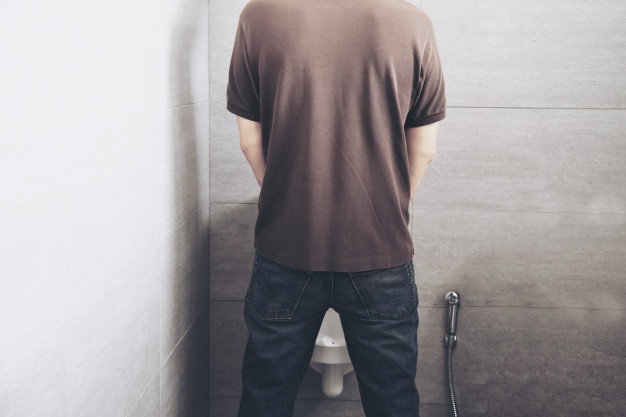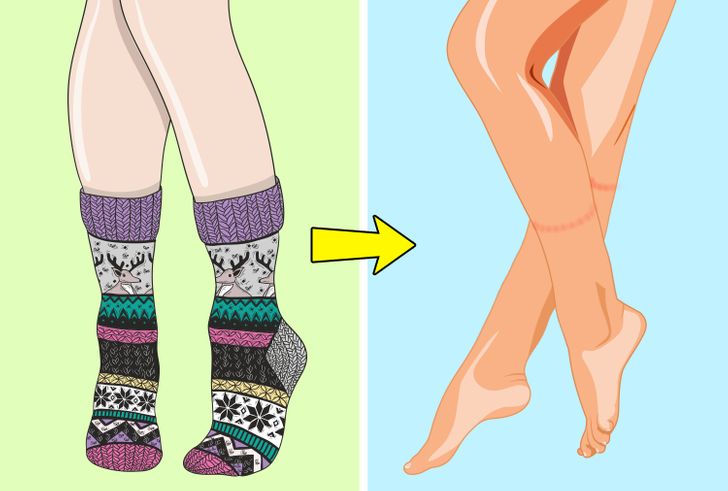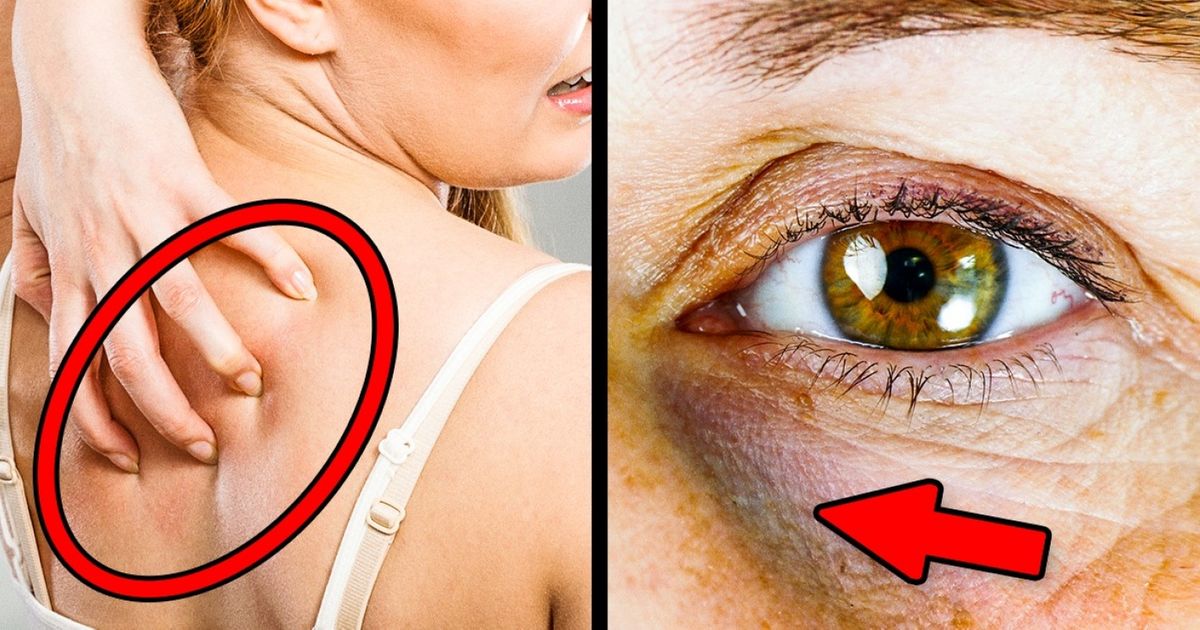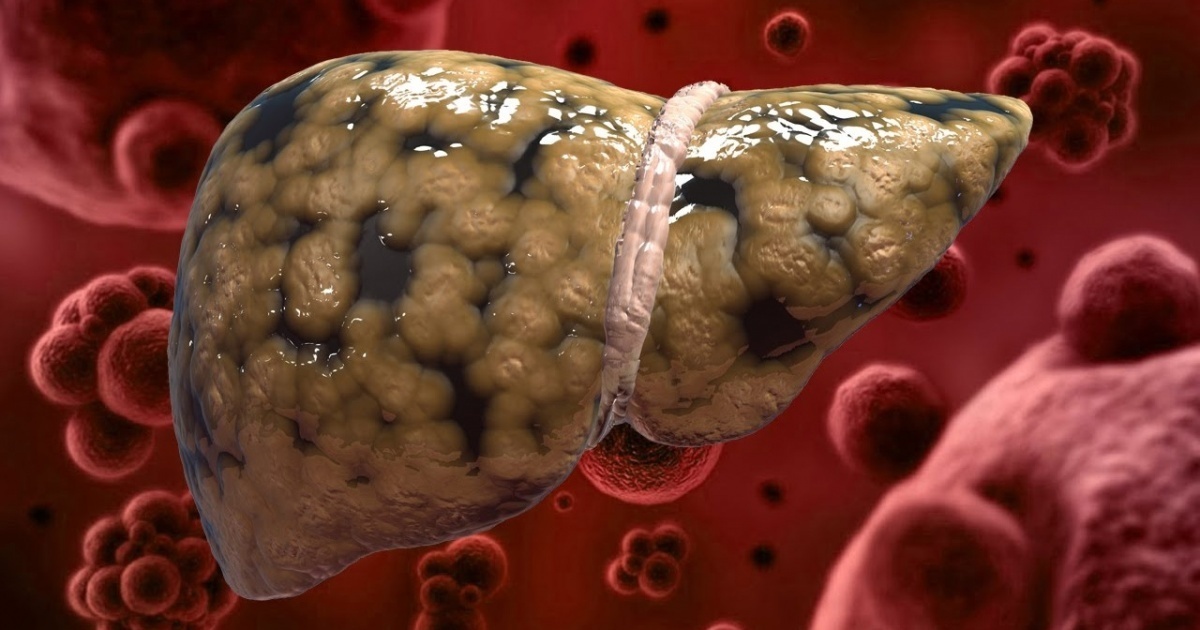Kidney health is essential for maintaining overall wellness, yet kidney disease often remains undetected until it reaches an advanced stage. Recognizing the early signs of kidney dysfunction can make a significant difference in preventing further damage and ensuring timely treatment. In this guide, we explore 8 early signs that your kidneys aren’t working properly. By understanding these symptoms and taking proactive steps, you can protect your renal function and improve your quality of life.
Excess fatigue, sleep issues, skin changes, and alterations in your urine can all be indicators of kidney problems. In addition to discussing these symptoms, we will provide actionable advice and external resources from credible organizations like the Mayo Clinic and the National Kidney Foundation to help you better understand kidney disease and its prevention.
Signs Your Kidneys Are Failing
You’re More Tired Than Usual: Unexplained Fatigue as a Kidney Warning

One of the earliest signs that your kidneys might not be functioning optimally is an unusual level of fatigue. When the kidneys are not working properly, toxins and waste products build up in the blood—a condition known as uremia—which can lead to a constant feeling of tiredness and weakness.
Why It Happens:
Your kidneys play a crucial role in filtering waste from your bloodstream. When they are impaired, this waste accumulates and can interfere with your energy levels and overall bodily functions. This persistent fatigue can also be exacerbated by anemia, which is common in kidney disease.
What to Do:
- Monitor Your Energy Levels: Keep a daily log of your energy levels and note any significant changes.
- Seek Medical Advice: If fatigue persists, consult your healthcare provider and request kidney function tests such as blood urea nitrogen (BUN) and creatinine levels.
For more detailed information on how kidney dysfunction can cause fatigue, visit the Mayo Clinic’s kidney disease overview.
You’re Having Trouble Sleeping: Insomnia and Sleep Disturbances

Difficulty falling or staying asleep may be more than just a sign of stress—it could indicate that your kidneys are under strain. Many individuals with early kidney problems report insomnia or restless sleep.
The Link Between Kidney Function and Sleep:
Poor kidney function can disrupt the body’s ability to regulate fluid balance, leading to frequent nighttime trips to the bathroom. Moreover, the accumulation of waste products in the blood can affect brain function, which in turn disrupts sleep patterns.
Improving Sleep Quality:
- Hydration Timing: Limit fluid intake a few hours before bedtime to reduce nighttime awakenings.
- Sleep Hygiene: Practice good sleep habits, such as maintaining a regular sleep schedule and creating a relaxing bedtime routine.
For expert advice on sleep disturbances linked to kidney health, check out the National Sleep Foundation.
Itching and Dryness of Skin: Dermatological Signs of Kidney Issues
Persistent itching and dry skin can be more than just a dermatological nuisance—they may be early signs of kidney dysfunction. As the kidneys lose efficiency, toxins build up in the blood, leading to a condition called uremic pruritus, which is characterized by severe itching and skin dryness.
Understanding Uremic Pruritus:
When waste products are not adequately filtered by the kidneys, they accumulate in the bloodstream and can deposit in the skin. This causes irritation, dryness, and persistent itching, which can significantly affect your quality of life.
Skincare Tips and Preventive Measures:
- Moisturize Regularly: Use fragrance-free, hypoallergenic moisturizers to keep your skin hydrated.
- Avoid Irritants: Reduce exposure to harsh soaps and detergents that can exacerbate dryness.
- Consult a Dermatologist: If skin issues persist, consider professional evaluation to rule out other conditions.
For more insight into skin changes associated with kidney disease, visit the National Kidney Foundation’s resources on skin health.
You Feel the Need to Urinate More Often: Changes in Urination Patterns

Frequent urination is a common symptom of kidney dysfunction. When your kidneys are struggling, the body may attempt to rid itself of excess fluids and waste through more frequent urination. This symptom can sometimes be mistaken for a urinary tract infection, so understanding the context is important.
Key Factors to Consider:
- Increased Fluid Intake: While drinking water is important, excessive urination when not accompanied by high fluid intake may be a sign of impaired kidney function.
- Urine Concentration: Changes in the color and concentration of your urine can indicate that your kidneys are not properly filtering waste.
What You Can Do:
- Monitor Your Urinary Habits: Keep a record of how often you urinate and any noticeable changes in urine color or consistency.
- Seek Testing: Urinalysis and kidney function tests are essential for diagnosing potential issues.
For additional details on urinary changes related to kidney health, see the CDC’s guidelines on kidney disease.
You See Blood in Your Urine: Hematuria as an Alert Signal
The appearance of blood in your urine, known medically as hematuria, can be a critical sign of kidney dysfunction. Even a small amount of blood should never be ignored, as it could indicate inflammation, infection, or damage within the kidneys.
Understanding Hematuria:
Blood in the urine can result from various conditions, ranging from kidney stones and infections to more serious issues like glomerulonephritis. Early detection of hematuria can be crucial in diagnosing kidney disease before it advances.
Steps to Take:
- Immediate Consultation: If you notice blood in your urine, contact your healthcare provider immediately for further testing.
- Diagnostic Tests: Your doctor may order imaging tests and a urinalysis to determine the underlying cause of hematuria.
For more comprehensive information on hematuria and kidney health, refer to Mayo Clinic’s guide on blood in urine.
Your Urine Is Foamy: Proteinuria and Kidney Function
Foamy urine is another early indicator that your kidneys might be compromised. When urine appears foamy, it is often a sign of proteinuria, which means that there is an abnormal amount of protein in your urine. This can be an early warning sign of kidney damage.
What Causes Foamy Urine:
Normally, kidneys filter waste while retaining essential proteins. When the kidneys are damaged, proteins such as albumin can leak into the urine, causing it to appear foamy. Persistent proteinuria is a key marker in the early detection of kidney disease.
Monitoring and Next Steps:
- Regular Testing: If you notice foamy urine, ask your doctor to perform a urine protein test.
- Lifestyle Adjustments: Reducing salt intake, managing blood pressure, and following a kidney-friendly diet can help reduce proteinuria and protect kidney function.
Learn more about proteinuria and kidney disease from the National Kidney Foundation.
You’re Experiencing Persistent Puffiness Around Your Eyes: Periorbital Edema
Persistent puffiness around the eyes, known as periorbital edema, is a subtle yet significant indicator of kidney issues. This swelling often occurs because the kidneys are unable to effectively remove excess fluid and waste from the body.
How It Relates to Kidney Function:
The kidneys are responsible for maintaining fluid balance in the body. When they fail to do so, fluid can accumulate in various parts of the body, particularly in the face and around the eyes. This condition can be an early sign of nephrotic syndrome, a disorder characterized by high levels of protein in the urine and swelling in different body parts.
Recommendations:
- Monitor Swelling: Keep track of any persistent or worsening swelling around the eyes or other parts of your body.
- Seek Medical Evaluation: Consult a healthcare provider for a thorough examination if you notice these changes.
For further reading on edema and kidney health, visit the National Institute of Diabetes and Digestive and Kidney Diseases (NIDDK).
Swelling in the Extremities: Edema as a Warning Sign
Swelling, particularly in the legs, ankles, and feet, is another early sign that your kidneys may be struggling to perform their vital functions. This edema occurs when excess fluid builds up in the tissues, often due to impaired kidney function.
The Mechanism Behind Edema:
When the kidneys are not filtering fluids properly, excess fluid remains in the body. This fluid buildup can lead to noticeable swelling in the extremities. Chronic edema can not only be uncomfortable but may also indicate the progression of kidney disease.
Managing Edema:
- Reduce Sodium Intake: Lowering salt consumption can help minimize fluid retention.
- Physical Activity: Regular exercise can improve circulation and reduce swelling.
- Medical Intervention: Diuretics may be prescribed by your doctor to help manage fluid buildup.
For more information on edema and kidney health, consult resources from the American Kidney Fund.
Conclusion: Taking Action for Better Kidney Health
Recognizing the early signs of kidney dysfunction is crucial for preventing the progression of kidney disease and maintaining overall health. From unexplained fatigue and sleep disturbances to changes in your urine and persistent swelling, each symptom plays an important role in alerting you to potential kidney issues.
Actionable Steps to Improve Kidney Health:
- Regular Check-Ups: Schedule routine screenings with your healthcare provider to monitor kidney function through blood tests and urinalysis.
- Adopt a Kidney-Friendly Diet: Focus on a balanced diet low in sodium and processed sugars while rich in fresh fruits, vegetables, and lean proteins.
- Stay Hydrated: Proper hydration supports kidney function by helping to flush out toxins.
- Monitor Your Symptoms: Keep a journal of any persistent symptoms and share these with your doctor for early intervention.
Taking proactive steps can help safeguard your kidney health and prevent long-term complications. For additional support and resources, visit the National Kidney Foundation and the American Kidney Fund.
By understanding and addressing these 8 early signs that your kidneys aren’t working properly, you empower yourself to take control of your health. Remember, early detection and intervention can make all the difference. Prioritize your kidney health today to enjoy a healthier, more vibrant tomorrow.
3. Swelling










